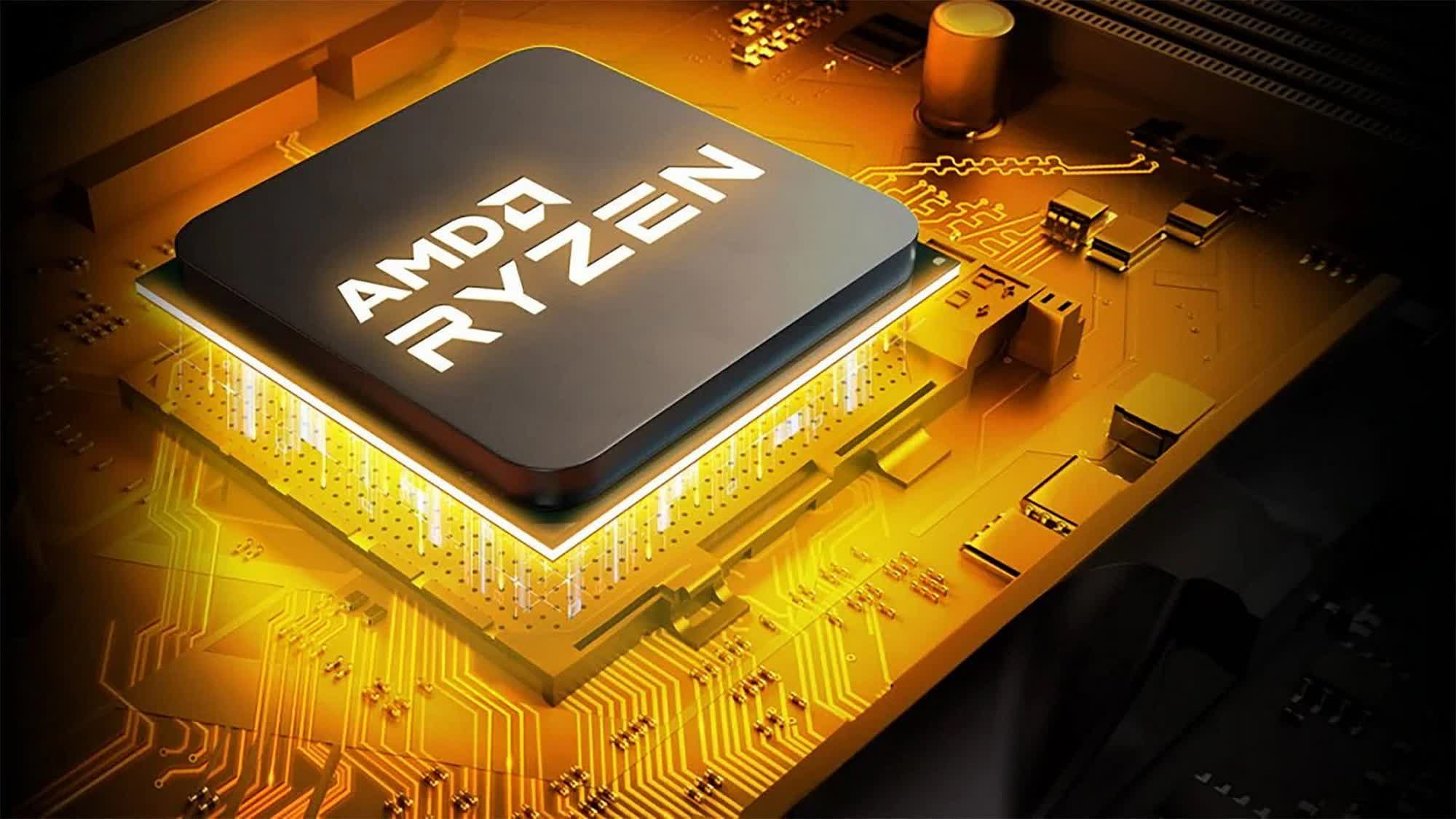Something to look forward to: During its last Financial Analyst Day in June 2022, AMD announced that it was looking at a 2024 debut for its Zen 5 processors. While the company is yet to publish any official Zen 5 benchmarks, we now have unofficial projections about its performance and other metrics from a reputable insider.
Jim Keller, the man who spearheaded the development of AMD's Zen CPU architecture, has revealed some critical tidbits about the company's Zen 5 processors that are expected to launch next year. The revelations came during a keynote for university students in Bengaluru, India, and include details about the performance, clock speeds and power estimates of AMD's upcoming lineup.
Keller, who is currently the CEO of AI hardware firm Tenstorrent, was talking about the company's Ascalon processor cores and showed the comparative performance numbers for a range of data center CPUs including Intel's Sapphire Rapids, Amazon's Graviton 3 and Nvidia's Grace processors, alongside Zen 5.
Keller claimed that Ascalon will provide market-leading integer performance-per-watt, and predicted that Zen 5 will be 30 percent faster than Zen 4 in integer workloads. If that turns out to be accurate, it will be an impressive update, given that Zen 4 already delivered a 15 percent gain over Zen 3.
In terms of clock speeds, Keller said he expects the Zen 5 server chips to hit the 4 GHz mark, which could make them the first chips in their category to hit those speeds, depending on what Intel does with its Emerald Rapids lineup later this year. In comparison, the EPYC Genoa and Sapphire Rapids processors only go up to 3.7 GHz and 3.8 GHz, respectively.
Finally, Zen 5 chips are expected to be significantly more power efficient than their predecessors despite the increased frequencies and improved performance, thanks to a 4nm/3nm process node. Keller's data also suggests Zen 5 will emerge as the fastest enterprise-grade next-gen offering with 8.84 points in the SPEC CPU 2017 INT Rate benchmark. In comparison, Sapphire Rapids is expected to reach 7.45 points, Grace could hit 7.44 points, and Zen 4 could only notch 6.80 points.
It is worth noting here that Zen 5 performance numbers, frequencies and power estimates are Keller's projection rather than real-life benchmarks or even leaked specs. So take them with a pinch of salt as they are unlikely to be entirely accurate.
